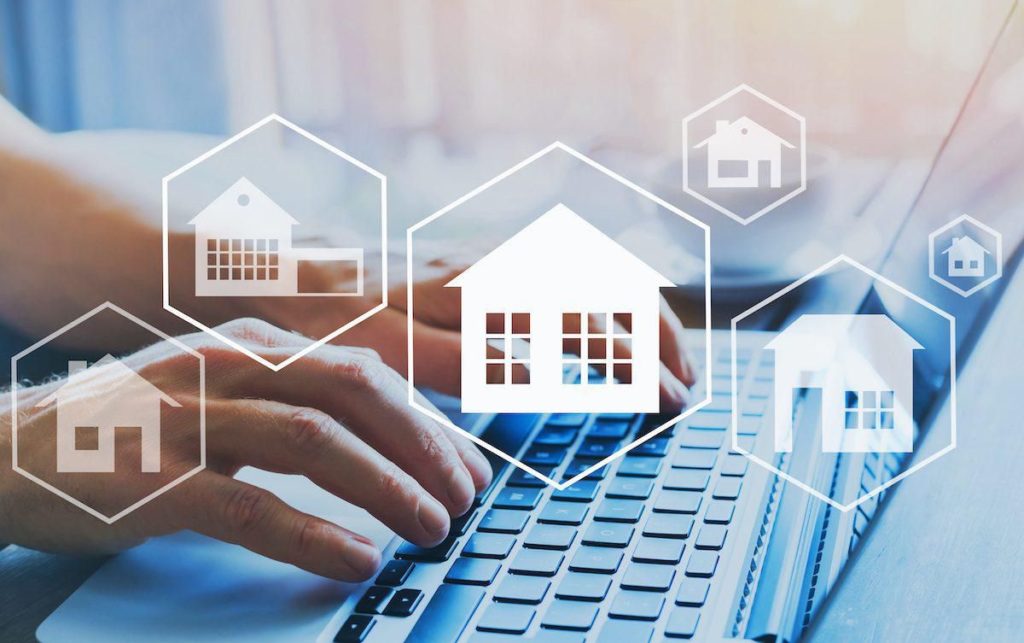
Real estate firms used to use physical data rooms for transactions, which took too much time and money and were not always reliable in terms of security. However, a virtual data room is one of the most commonly used tools in real estate. It allows you to perform all necessary transactions remotely and takes all modern security methods to avoid data leaks. This article will take a closer look at why real estate businesses need to use VDRs.
Why should a real estate business use VDRs?
A virtual data room is by far the most intelligent investment in the security of your data and more. Their benefits can significantly accelerate your business because these solutions offer flexible use and easy access to documents from any device and anywhere in the world. With VDRs, managing real estate projects has become several times more accessible, and below, we’ll look at precisely what aspects a data room can help a real estate business with:
- Manage project documentation – conveniently structuring documentation will speed up the deal process and increase transparency
- Manage multiple portfolios simultaneously – Data rooms allow you to create various separate rooms for individual projects and participants at once. Execute and control multiple projects, thereby increasing company productivity
- Exchange documents seamlessly – share even the most confidential documents with colleagues, customers, and potential partners with absolutely no risk
- Deliver quality real estate due diligence -make your due diligence work much easier with a centralized space and a host of other benefits
Major advantages of using a data room in real estate
Virtual data room providers here in the real estate industry are top-rated because they provide numerical benefits, which you will learn about below:
- Document security
Right now, virtual data rooms are the most secure place to store and share confidential documents because they provide international security certifications. VDRs use multiple layers of security that include data encryption, dual authentication, and detailed permissions for user access and actions with documents to avoid data leakage and the human error factor
- Transparency and control
One of the most important aspects of a successful transaction is transparency. If you provide clarity to your potential customers and partners, it improves their trust and your relationship. To achieve this transparency, you should freely hand over various confidential documents like construction plans, tax reports, etc., to a third party. However, this process still has a large percentage of risk, and to neutralize this, data room software uses user rights controls. For example, you can prohibit copying, printing, downloading, and forwarding of the document, as well as monitor the users’ actions within the document with monitoring functions.
- Cost savings
VDRs provide cost savings to companies in many ways. For example, data rooms exhaust the need for paper documents and all the inherent fixtures. Also, with the ability to collaborate remotely, you can significantly reduce the number of face-to-face meetings, which leads to savings on travel, temporary location, and other minor costs.
- Easy to use and configure
Data rooms have a straightforward interface, so even people who have never experienced such technology before will soon be able to figure out and get used to the space. In addition, VDR’s flexible options allow companies to customize the rooms according to their preferences, and some even offer custom branding to match your company logo.